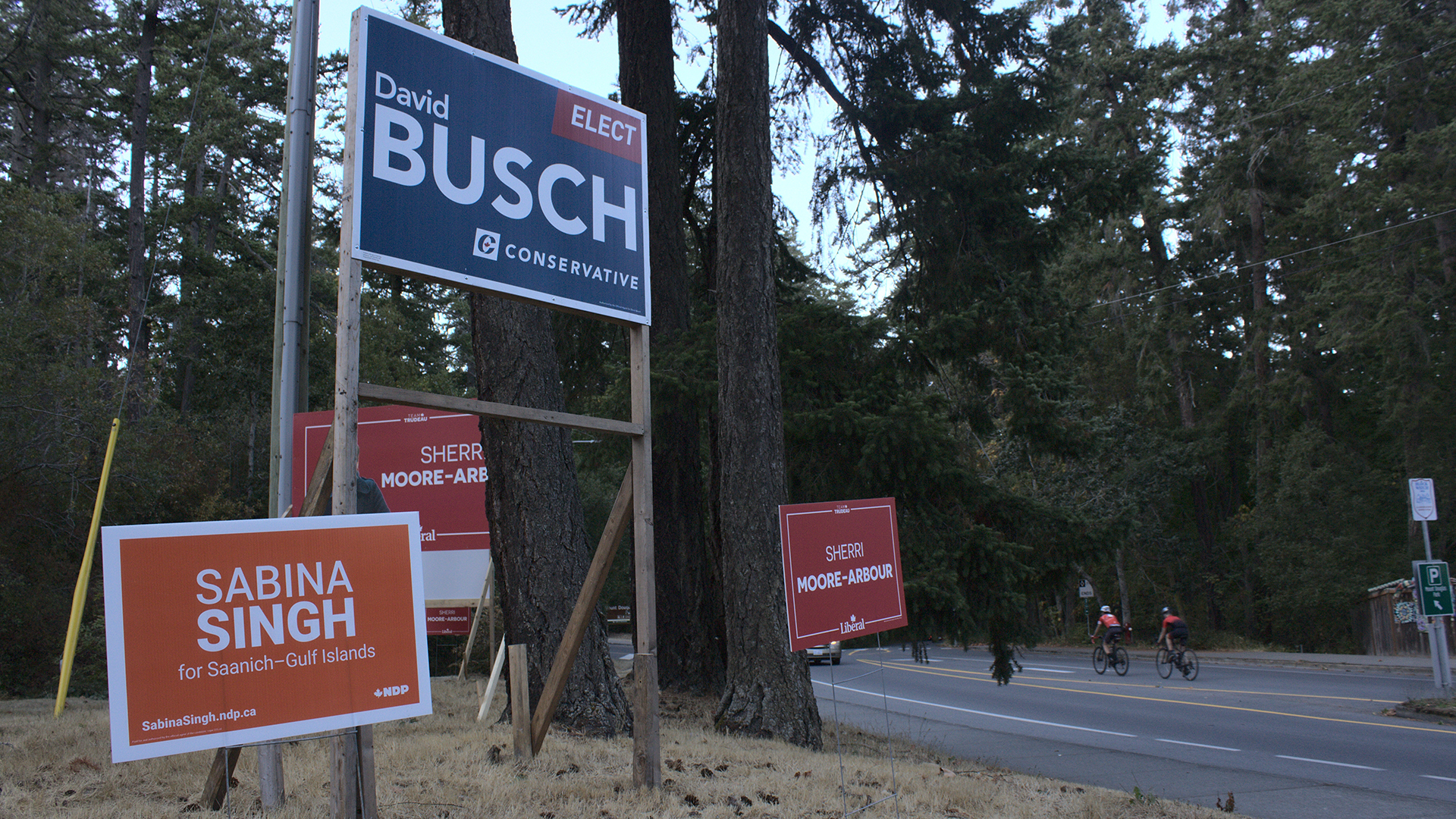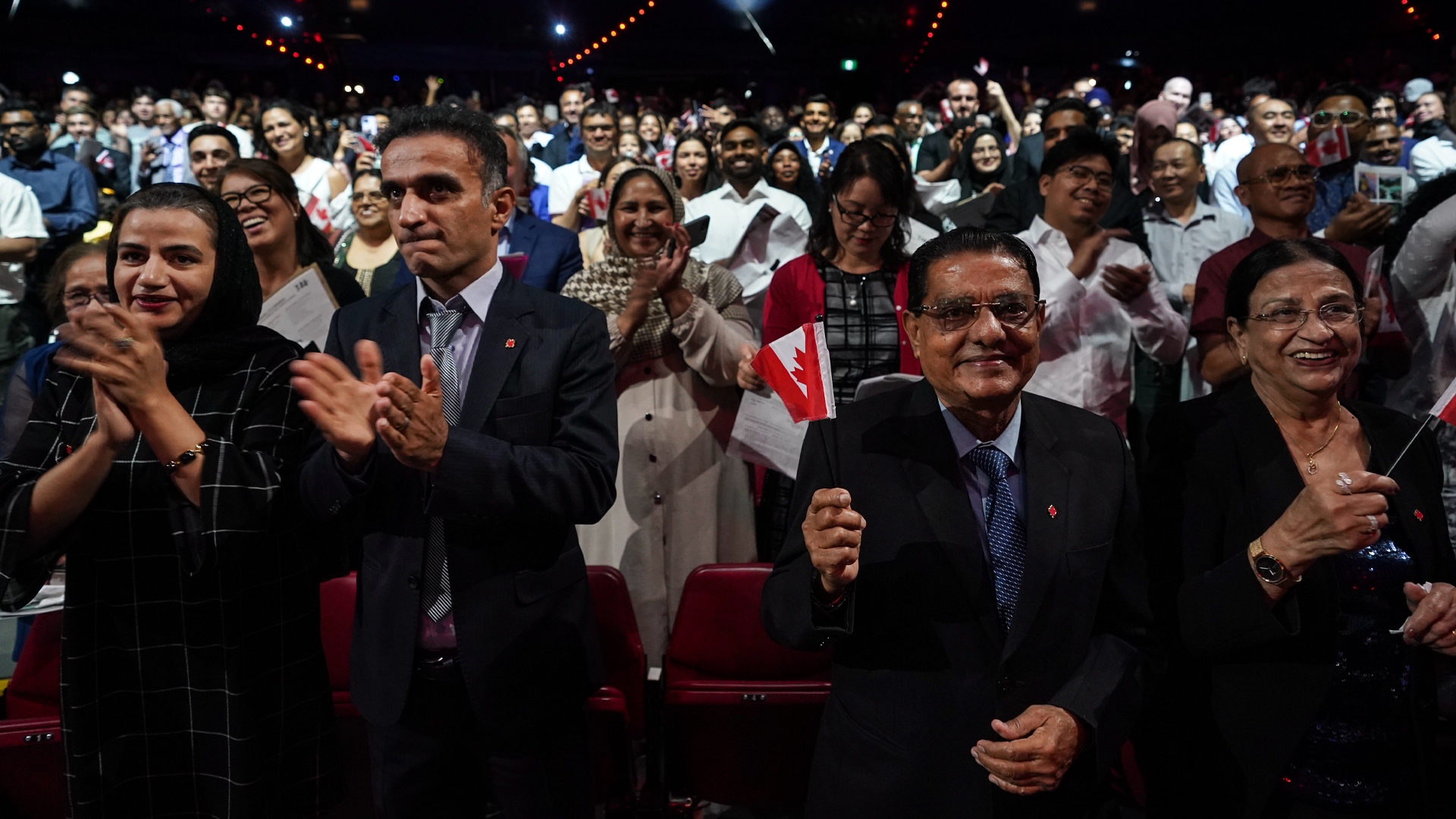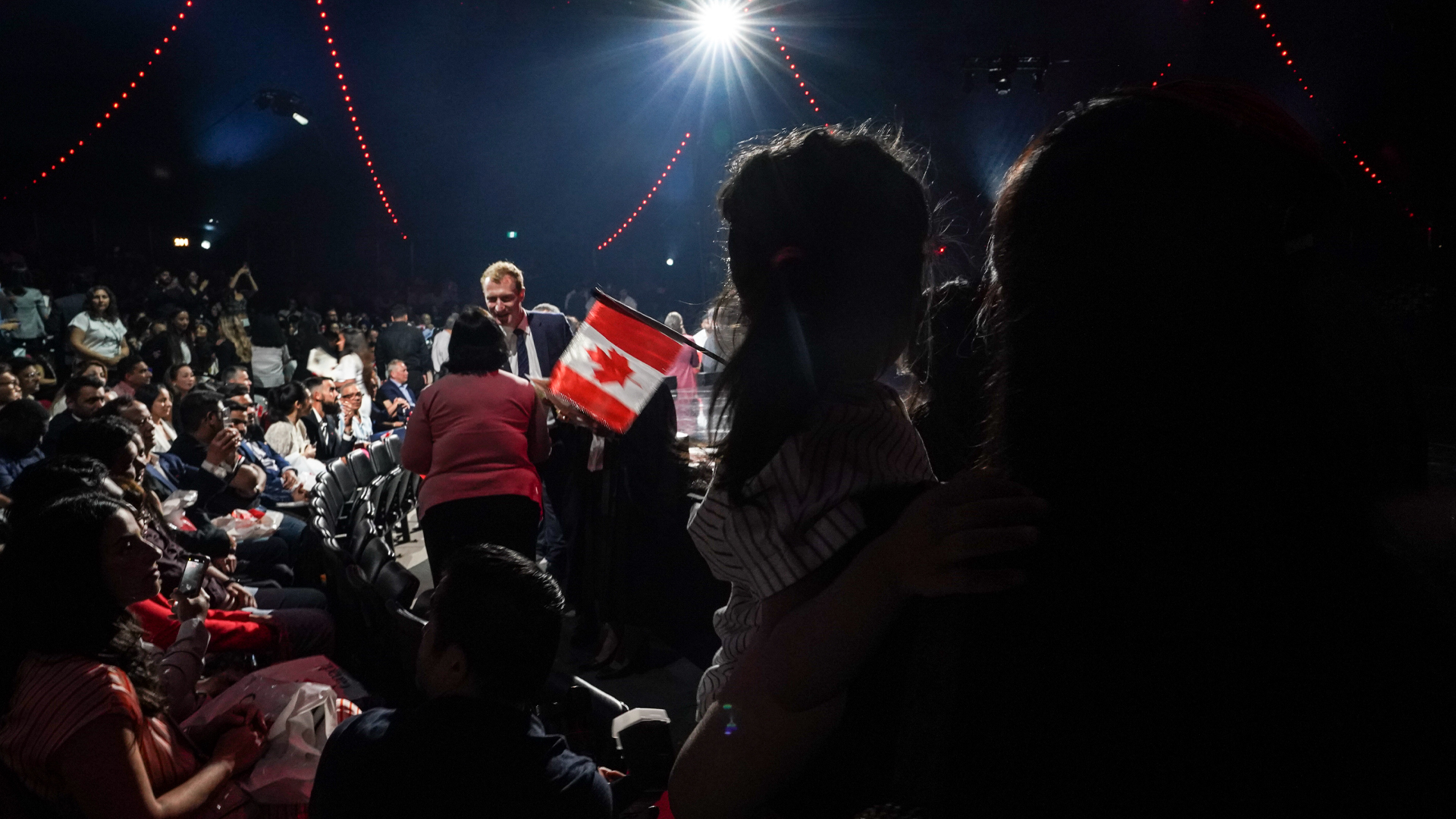
Elections begin in familiar ways: ads are launched, party leaders travel across the country, and political pundits are set loose on the airwaves. But what receives far less attention are candidate nomination processes. Candidate selection practices are fraught with problems – backroom handling, infighting, shunning grassroots members and parachuting in candidates, to name a few.
How parties determine whose name gets on a ballot is critical to Canada’s democratic health. Fair and open nominations increase proximity between citizens and political parties, bring new talent and diversity into our politics and make elected representatives more accountable to their local communities than to party leaders.
The Samara Centre for Democracy has been tracking the competitiveness, length and timing of nomination contests over time by analyzing the paperwork political parties submit to Elections Canada. Our 2019 report, Party Favours, found that of the more than 6,600 election candidates chosen by Canada’s major federal parties over the five general elections from 2004 to 2015, only 17 per cent arrived there through a competitive nomination race.
Nearly 4 out of 10 candidates were directly appointed. When contests did occur, they were short, unpredictable and more often than not had a single candidate running for the nomination. Women accounted for less than a third of all candidates, and based on candidate demographics, parties’ rationale for appointments – that the practice is to ensure a diverse slate of candidates – did not hold up.
When comparing nomination processes in 2019 to those in 2015, political parties fared much worse on nearly every metric, including the proportion of candidates who were appointed, the competitiveness of nomination contests and the length of contests (the Samara Centre will be publishing the full picture of these new findings in an upcoming report). One major political party (the Bloc Québécois) also failed to submit a single nomination contest report to Elections Canada.
Appointments
For every party, the share of candidates who were appointed surged in 2019 (see table 1). The main reason was that most MPs were “protected” (weren’t required to seek re-nomination in their ridings, save for meeting certain achievable criteria around fundraising or showings of support). As a result, only 33 of the 263 MPs elected in 2015 and who ran again in 2019 underwent nomination contests, at least on paper. Only two of those faced actual challenges.
In the 2019 general election, about a third of ridings were uncompetitive, with a margin of victory of more than 25 percentage points. Where it is unlikely a riding will change hands between parties, and with no threat of a contested nomination, incumbent MPs are immune from local accountability.
Competitiveness
When nomination contests did take place, competitiveness was mixed (table 2). Both the Liberals and New Democrats saw notably fewer competitive nominations, with an increase in the share of nomination contests that only had one name on the ballot. In both cases, approximately 80 per cent of contests were “won” by acclamation. However, nomination contests were more competitive for the Conservatives and Greens.
Taking appointments and acclamations together provides a more accurate picture of the openness of nominations (table 3). Only 14 per cent of candidates who appeared on ballots in 2019 got there through a competitive nomination. This is a stark confirmation that there is little space for new talent and diversity in electoral politics.
Contest Length
A nomination contest on paper is not necessarily a free and fair contest in practice. Timing is a leading factor. For years, contestants have complained about races being called suddenly when an insider candidate is ready, and then bringing the contest to a close before challengers can marshal their own campaigns.
Short campaigns favour insiders, limit opportunities for broader public participation and can even work against transparency in campaign finance (for example, if insider candidates know a race is about to be called, they can spend money before the official start of the contest, outside of Elections Canada’s spending limits and reporting requirements).
Three of the four main parties that submitted nomination reports to Elections Canada saw the length of their nomination contests shrink, in some cases dramatically (table 4). The lone bright spot was the Conservative Party, in which nomination contests grew by nearly 50 per cent, to over a month in length on average.
On the question of contest length, the Liberal Party deserves special attention because it illustrates an important point about leaving parties to regulate their own processes. The Liberals’ national rules for the selection of candidates stipulate that nomination contests must last a minimum of 14 days, and not exceed a maximum of 28 days.
Yet in 2019, the Liberals held the shortest nomination contests of any party, at an average of only 10 days long, much shorter than the minimum length of the contest set out in their rules. This is possible because campaign leadership can disregard the rules if they believe there is an “electoral urgency.”
This makes sense. Government can fall with little warning, leaving parties to scramble to field candidates. But this was not the case in 2019, when the election occurred on its fixed date. This wasn’t the only time the Liberals disregarded their nomination contest rules. In June 2021, they invoked electoral urgency once again, with a party spokesperson describing the invocation as nothing less than a “routine administrative move.”
Parties argue that they are capable of regulating their own internal democracies through their constitutions and bylaws. But when the party elite write the rulebook and decide on how and when it applies, there may as well be no rules at all.
The Canada Elections Act requires parties to provide some information about nomination contests to Elections Canada, but the reporting obligations should be strengthened. For example, they should require parties to report on the number of votes received by each contestant, and the overall number of electors participating.
Given that the Bloc Québécois failed to meet the soft reporting requirements that exist now seemingly without consequences, the law should also require stronger penalties for offenses with enforcement to match.
Because political parties get public subsidies in the form of generous tax deductions to donors, election expense reimbursements and allowances, and because the Canada Elections Act establishes political finance rules for nominations, the internal functions of parties are subject to laws and regulation. When it comes to nominations, we simply have not obliged parties to meet these standards. It’s time to change that.
This article is part of the How can we improve the elections process special feature.









